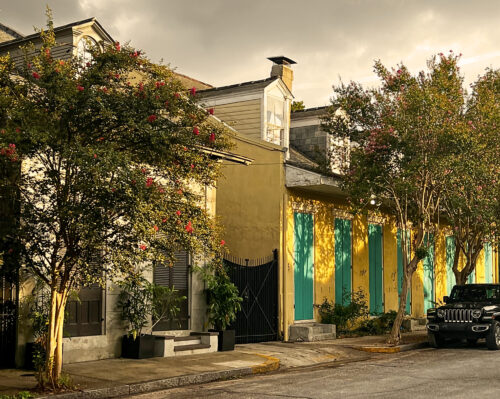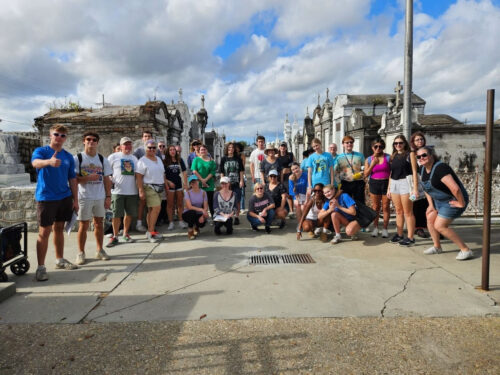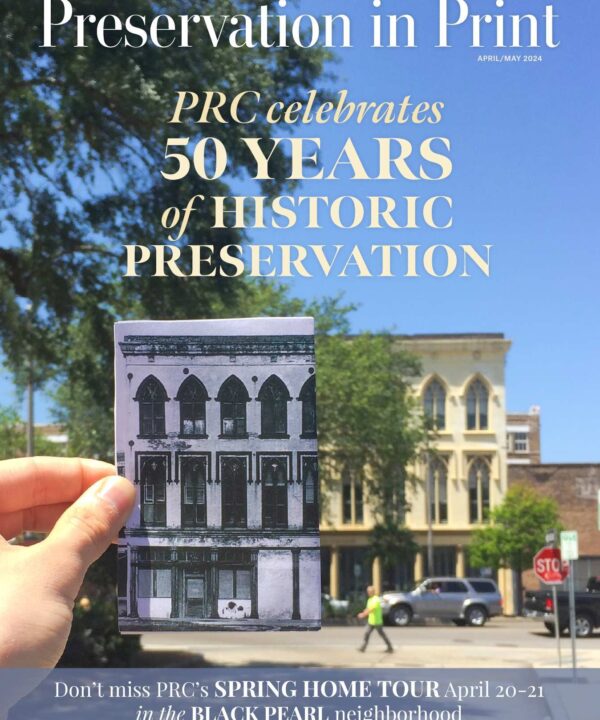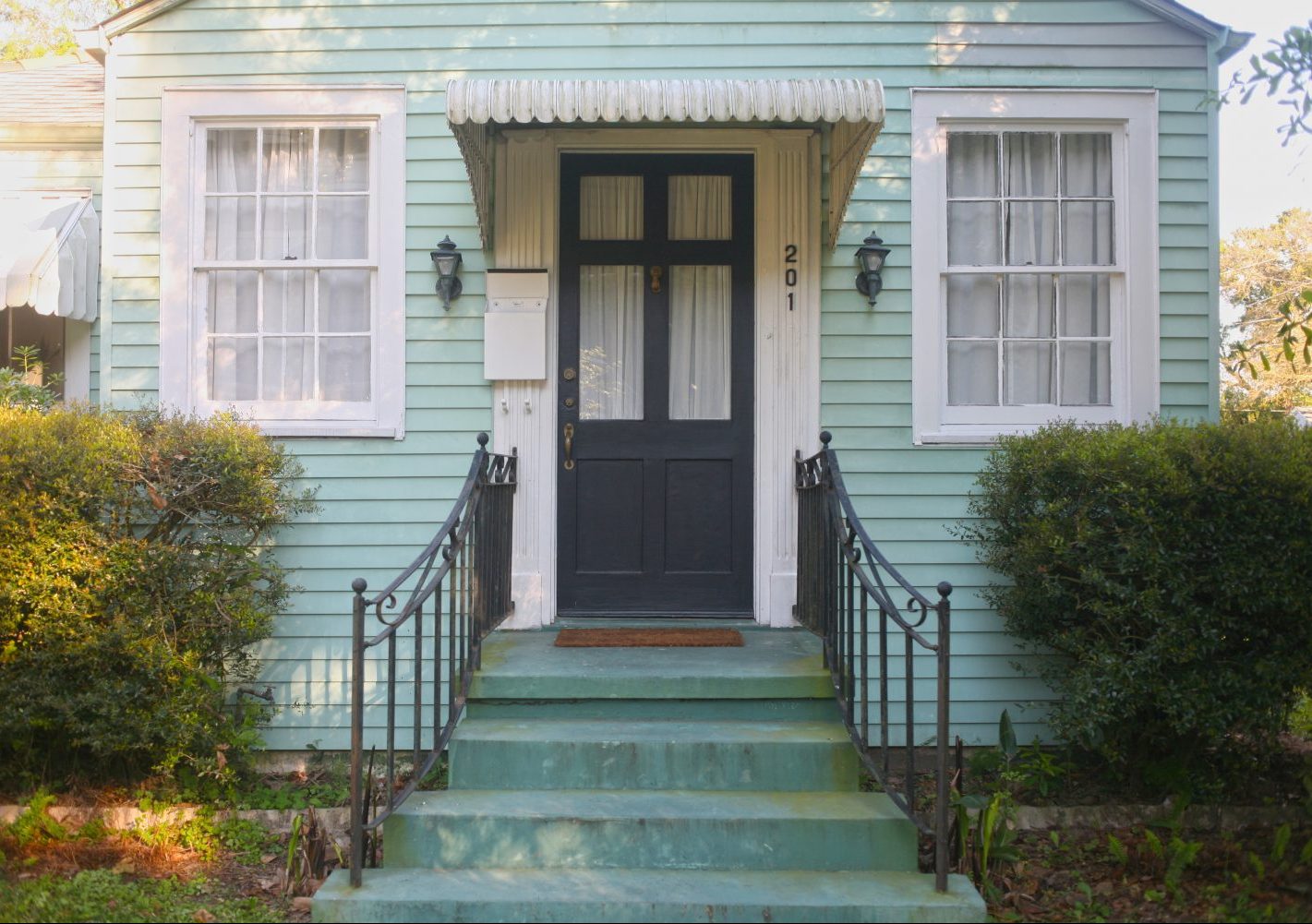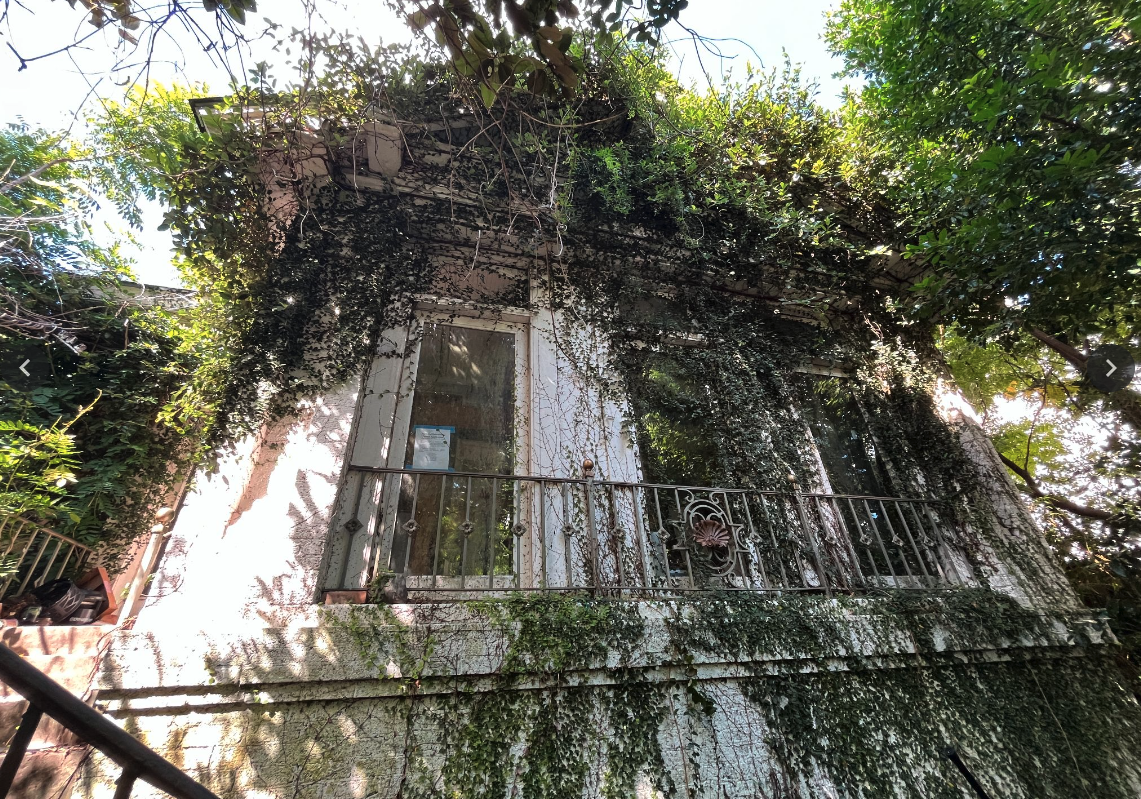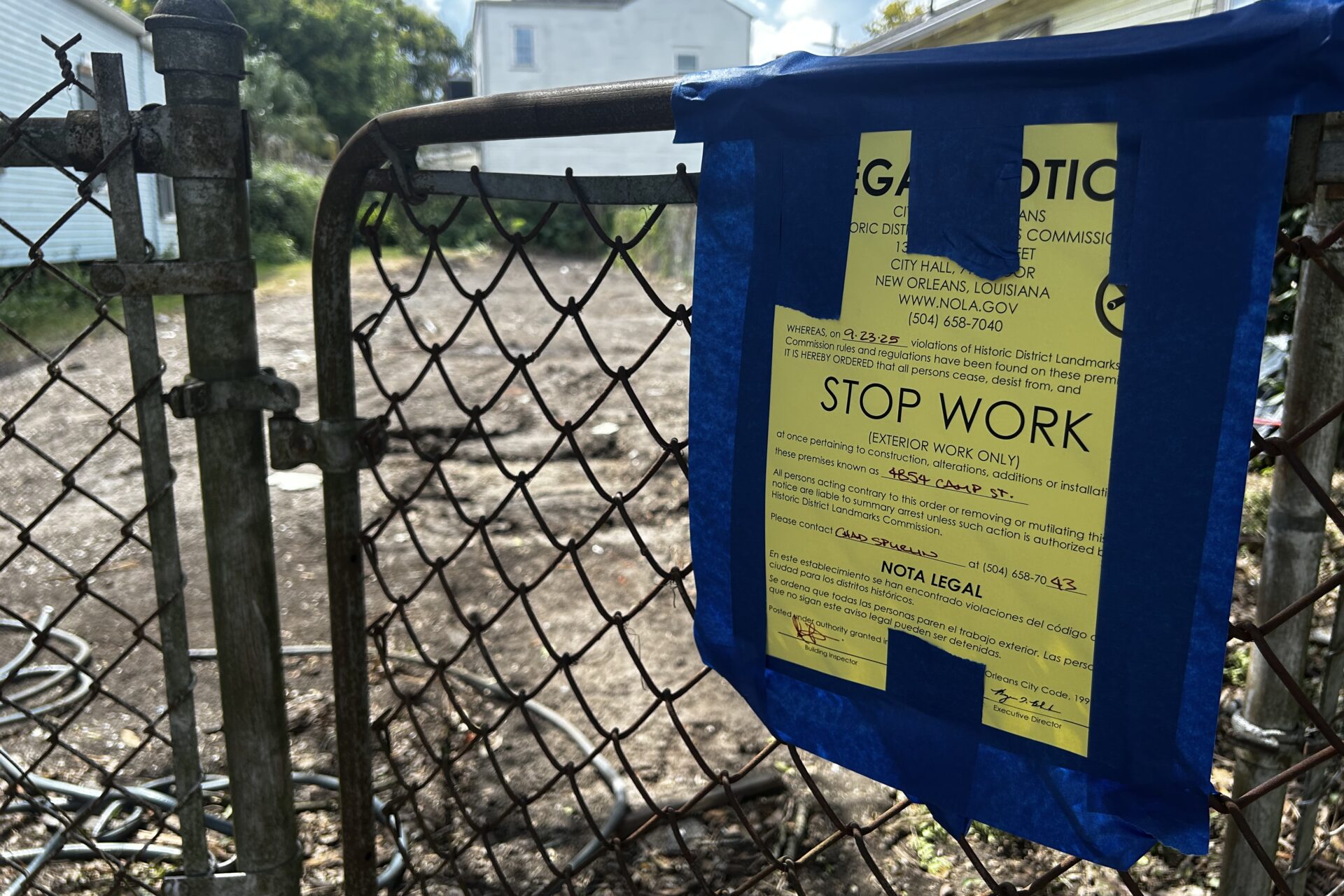This story appeared in the April issue of the PRC’s Preservation in Print magazine. Interested in getting more preservation stories like this delivered to your door each month? Become a member of the PRC for a subscription!
Attempting to stay ahead of a burgeoning but controversial trend in the local economy, the Jefferson Parish Council on Feb. 21 unanimously adopted an ordinance banning short-term rentals in residential zones, targeting growing services like Airbnb and HomeAway that many residents feel could mar the tranquility and unique nature of their neighborhoods.
Owners who offer such rentals have 12 months to cease doing so, although short-term occupancies will still be allowed in areas zoned mixed-use or commercial. But even then, the owners must register with the parish, pay an annual fee and follow all other pertinent parish and town ordinances.
“There are places in Jefferson Parish that would be a good fit for short-term rentals, such as Fat City or some of our more tourist oriented areas,” said Jefferson Parish Councilwoman-at-large Cynthia Lee-Sheng. “But so much of our parish is based on traditional neighborhood development where people know their neighbors and want to know the patterns of their neighborhood. I think our neighborhoods are a strong part of Jefferson Parish, and we don’t want to do something that will change that.”
The move by the council comes after a two-year study by the parish Planning Department, and hearings in which the majority of speakers from the public supported the adoption of the ordinance, which considers short-term rentals to be commercial transactions and therefore treats them like hotels, bed-and-breakfasts and similar lodging businesses.
Lee-Sheng said she began looking into the increasing popularity of Airbnb and like services after receiving complaints from residents who were concerned that the increased foot and car traffic was negatively impacting their neighborhoods. She said short-term rentals fell into a commercial niche that wasn’t specifically addressed by existing parish codes, prompting the parish administration to study the phenomenon that led to the new ordinance.
Several area civic associations and neighborhood groups lobbied for the adoption of the law and vocally spoke in favor of its potential benefits. Robert Evans of the Civic League of East Jefferson said the purpose of short-term rentals conflicts with that of residential areas.
“In Jefferson Parish, we have always taken pride in our residential neighborhoods, and we constantly strive to maintain them,” Evans said. “Short-term rentals and other businesses should only be allowed in special areas permitted especially for them due to the noise, traffic and other disruptions which they create. The goal of the short-term rental business is money, whereas our goal is a decent place to live and raise our families.”
The passage of the parish ordinance raised concerns from the services targeted by the action; a HomeAway spokesperson told the Times-Picayune that the new code represents “a step in the wrong direction for the parish [and] for local homeowners” who depend on the extra income gained from the service, and that the parish failed to receive adequate input from short-term rental services when considering the ordinance.
However, ordinance supporters hailed the action as a potentially precedent-setting regulation that will ultimately bring balance between residential and commercial interests.
“We believe that the ordinance adopted by the Jefferson Parish Council is truly landmark legislation which will benefit the residents of the parish,” Evans said. “It completely protects neighborhoods that are mainly residential, yet allows short-term rentals in designated areas.”
Lee-Sheng said the ordinance won’t impede either local business nor the importance of tourism to the area. “I don’t believe people make their travel decisions based on whether or not short-term rentals exist,” she said. “We have a whole host of attractions all year long to offer to our visitors, as well as lots of wonderful hotel space.”
The PRC has long followed the debate around short-term rentals in Orleans Parish. During the 2016 crafting of the current short-term rental ordinances by the New Orleans City Council and Planning Commission, the PRC remained firmly in opposition to allowing non-owner occupied rentals of entire houses in residential neighborhoods. These quasi-hotels impact residential quality of life, affect housing affordability and availability, and threaten the investment that adjacent property owners have made in their homes.
Since the regulations have been in place, unintended consequences, like a flood of commercial spot-zoning applications and flagrant refusal to comply by illegal hosts, have revealed that the short-term rental ordinances need improvement.
During a City Council meeting last month, District B Councilmember and Mayor-Elect LaToya Cantrell introduced a motion directing the City Planning Commission to conduct a study analyzing the current short-term rental regulations, and to recommend any modifications that will strengthen them. The PRC is encouraged that the ordinances will be reexamined and will continue to advocate for those improvements that are necessary to safeguard residential communities.
-Erin Holmes, PRC Advocacy Coordinator

